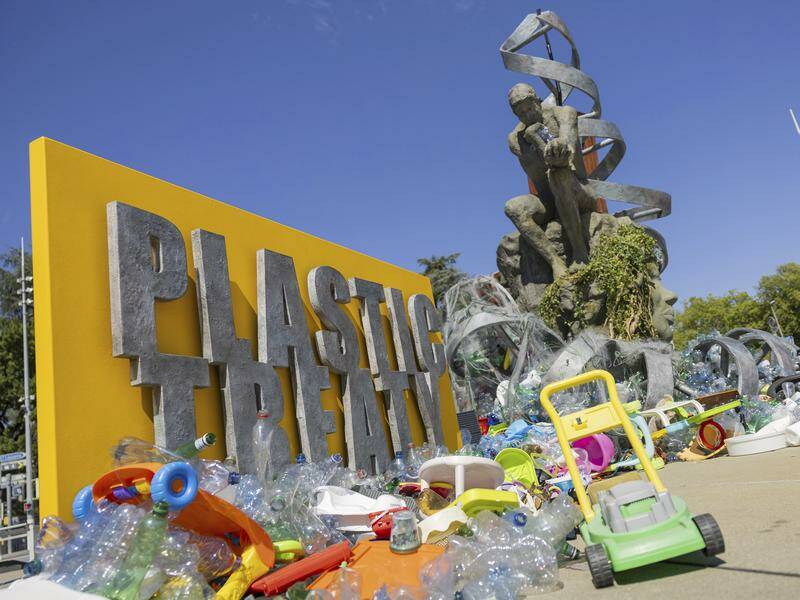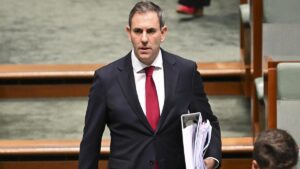
Representatives from over 160 countries have convened in Geneva for critical negotiations aimed at establishing a legally binding international treaty to address the escalating crisis of plastic pollution. The discussions, which began today and are scheduled to continue until August 14, 2024, focus on regulatory measures that encompass plastic production, design, and waste management.
The urgency for an agreement is underscored by alarming statistics from the United Nations Environment Programme (UNEP), which estimates that approximately 500 million tonnes of plastic were produced globally in 2024. Of this, nearly 400 million tonnes were discarded as waste. UNEP warns that without decisive action, the volume of plastic waste could potentially triple by 2060.
Chairing the conference, Ecuadorian Ambassador Luis Vayas Valdivieso emphasized, “Every hour counts. We are setting the foundations for a global tool that could change the future of environmental history.” His statement reflects the high stakes involved in achieving a comprehensive treaty that effectively combats plastic pollution.
Aims of the Treaty and Ongoing Challenges
The proposed treaty aims to establish frameworks that would significantly reduce plastic production, encourage reuse and recycling of products, and ensure that any residual plastic is disposed of in an environmentally responsible manner. Yet, the path to consensus is fraught with challenges. The last round of negotiations, which took place in South Korea in late 2024, did not yield an agreement, highlighting the complexities of reaching a global consensus.
Environmental advocates stress the need for bold action. Florian Titze from the World Wildlife Fund (WWF) stated, “It’s time for courage, not compromise. An agreement based on the lowest common denominator will not solve the plastic crisis.” The WWF has noted the devastating impact of plastic waste on habitats, wildlife, and human health, calling for robust measures to tackle this pressing issue.
Key Players and Political Dynamics
The negotiations are influenced by various geopolitical factors. China, the largest producer of plastic globally, has already initiated plans to restrict national production. Conversely, oil-producing nations such as Iran, Saudi Arabia, and other Gulf States are advocating for a focus solely on waste management and recycling, resisting more ambitious production cuts.
The political landscape is further complicated by the previous administration in the United States, which sought to roll back environmental regulations, creating additional hurdles in achieving a unified approach to plastic pollution.
The impact of these negotiations extends beyond environmental policy; they carry significant implications for global trade, health, and ecosystems. As the world grapples with the challenges posed by plastic waste, the outcome of the Geneva talks will be pivotal in shaping future environmental strategies.
With the stakes high and the deadline approaching, the international community is at a critical juncture in the fight against plastic pollution. The success or failure of this treaty could have lasting ramifications for both human health and the planet’s ecological balance.






